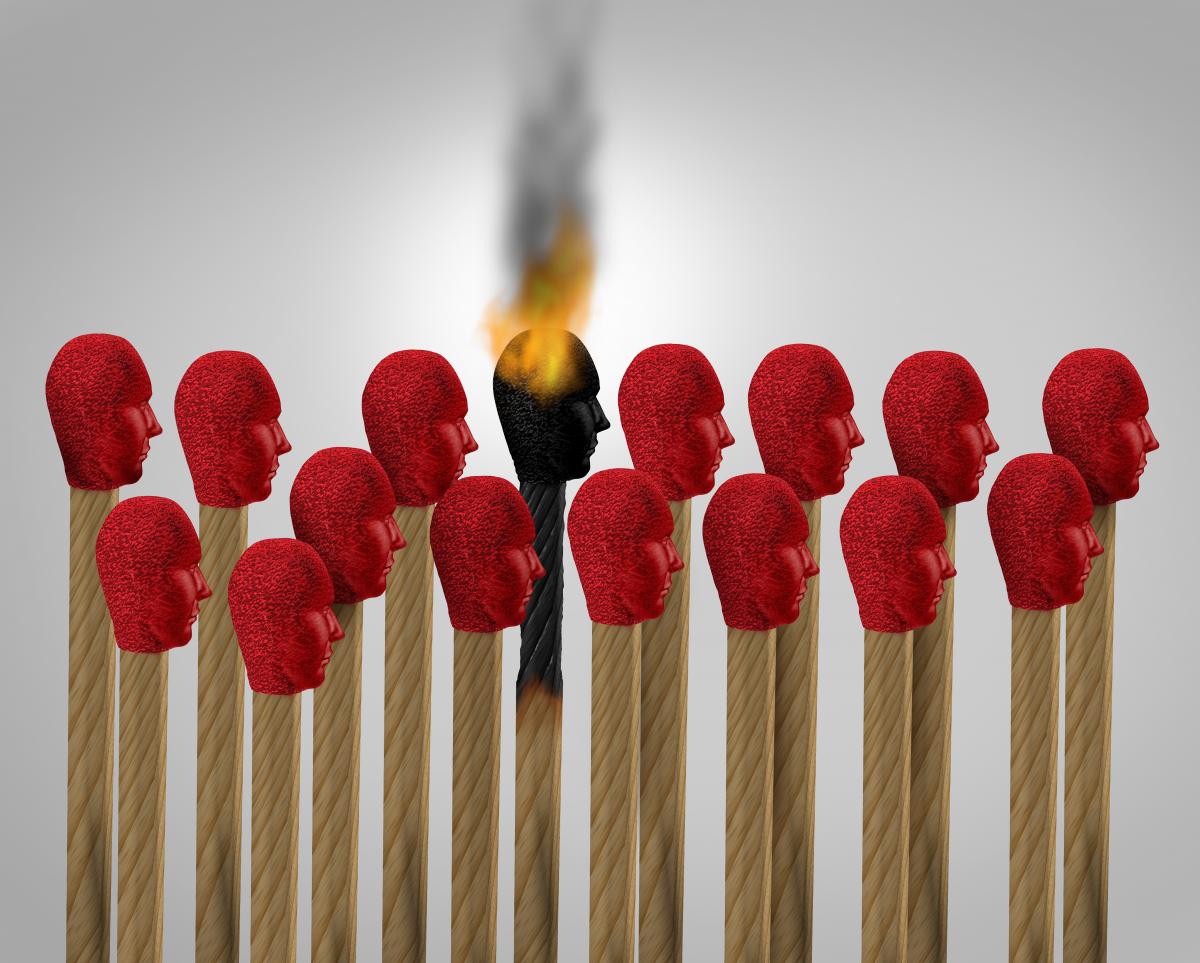Tips for Battling Burnout
 In workplaces across the country, employees are increasingly feeling the burn of burnout. Learning to counter it is another useful workplace skill.
In workplaces across the country, employees are increasingly feeling the burn of burnout. Learning to counter it is another useful workplace skill.
A Gallup Poll last year of 7,500 full-time employees, found that 23% of reported feeling burned out at work very often, while 44% reported feeling burned out sometimes.
Feeling burned out can also affect life outside the office. Gallup also reported that employees who reported feeling burned out are 23% more likely to visit the ER, 63% more likely to take a sick day and 13% less confident in their performance.
Psychology Today points out signals of burnout that generally fall into three categories:
- Signs of physical and emotional exhaustion that include chronic fatigue, insomnia, loss of appetite, anxiety and depression
- Signs of cynicism and detachment that can include loss of enjoyment, pessimism, isolation and detachment
- Signs of ineffectiveness and lack of accomplishment that can include feelings of apathy and hopelessness, increased irritability and lack of productivity
It’s important to develop ways of handling competing demands for your time and attention.
 Transmission and Utilities Engineer Clayton Barnard in Frisco is used to balancing projects, clients and a family. His approach is like the science class demonstration where you try to put large rocks, small rocks and sand into a jar. To make everything fit, the large rocks have to go in first, followed by the small ones, then the sand to fill the jar.
Transmission and Utilities Engineer Clayton Barnard in Frisco is used to balancing projects, clients and a family. His approach is like the science class demonstration where you try to put large rocks, small rocks and sand into a jar. To make everything fit, the large rocks have to go in first, followed by the small ones, then the sand to fill the jar.
The large rocks represent your must-dos – both work-related and personal. Clayton’s large rocks are professional conferences and council meetings but also personal, such as Bible Study Fellowship, kids’ activities and vacations.
“I’ve let my colleagues know those personal activities are set times where I’m not available,” he said. “On the flip side, conferences, council meetings, presentations and submittal deadlines are also important to me, so I’ll make sure my family knows about those, just as I let my colleagues know about my personal commitments. To have balance, you need to have both work and personal large rocks.”
The Mayo Clinic suggests other ways to stay centered:
- Get enough sleep. It restores well-being and helps protect your health.
- Say something. Talk to your supervisor about how you’re feeling or seek support through your employee benefits plan. Freese and Nichols’ healthcare provider has an online Managing Stress Toolkit for self-assessment tools, on-demand stress reduction seminars and other helpful articles.
- Try a relaxing activity. Explore activities that help with stress, such as yoga, meditation or walking for sun and fresh air.
- Get vigorous exercise. Working out helps take your mind off work and releases helpful chemicals in your brain.
 Transportation Engineer Jessica Rodriguez, a senior project manager in Austin, advises finding something you’re passionate about and committing time to it each week. Treat it like a client meeting, she says, that way there’s no canceling unless you absolutely have to.
Transportation Engineer Jessica Rodriguez, a senior project manager in Austin, advises finding something you’re passionate about and committing time to it each week. Treat it like a client meeting, she says, that way there’s no canceling unless you absolutely have to.
“This time allows me to recharge and feel soulfully satisfied – providing good energy at work,” she said.


